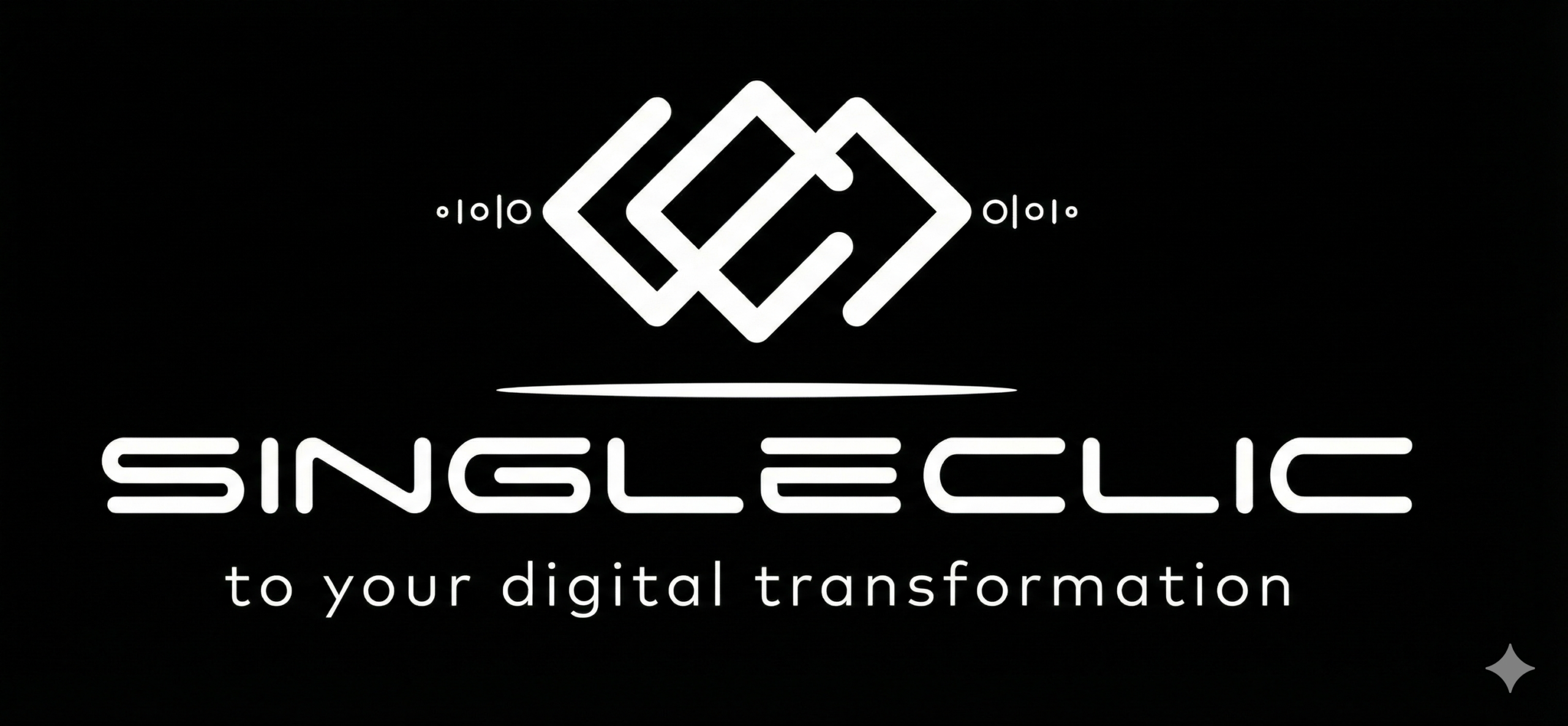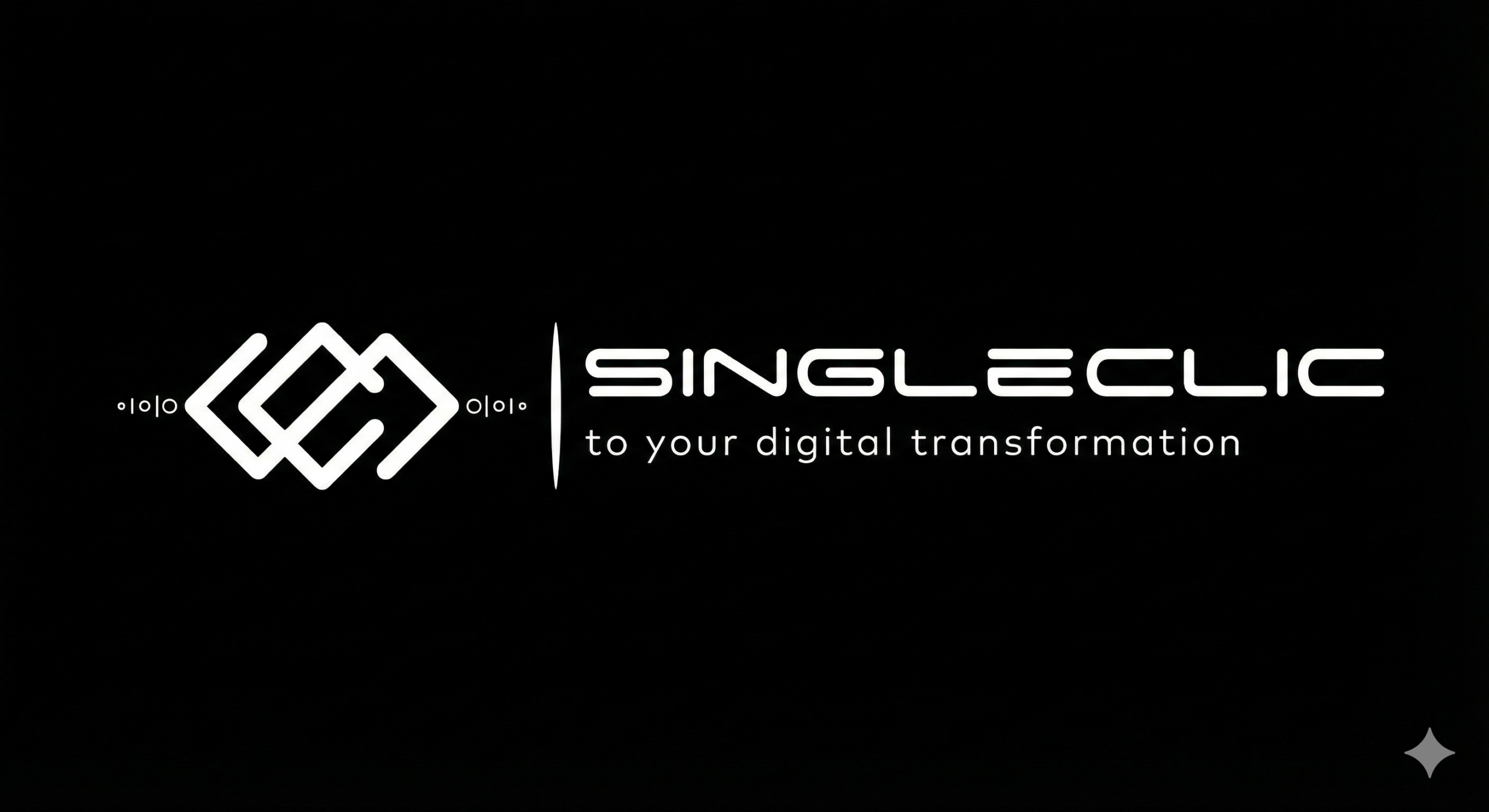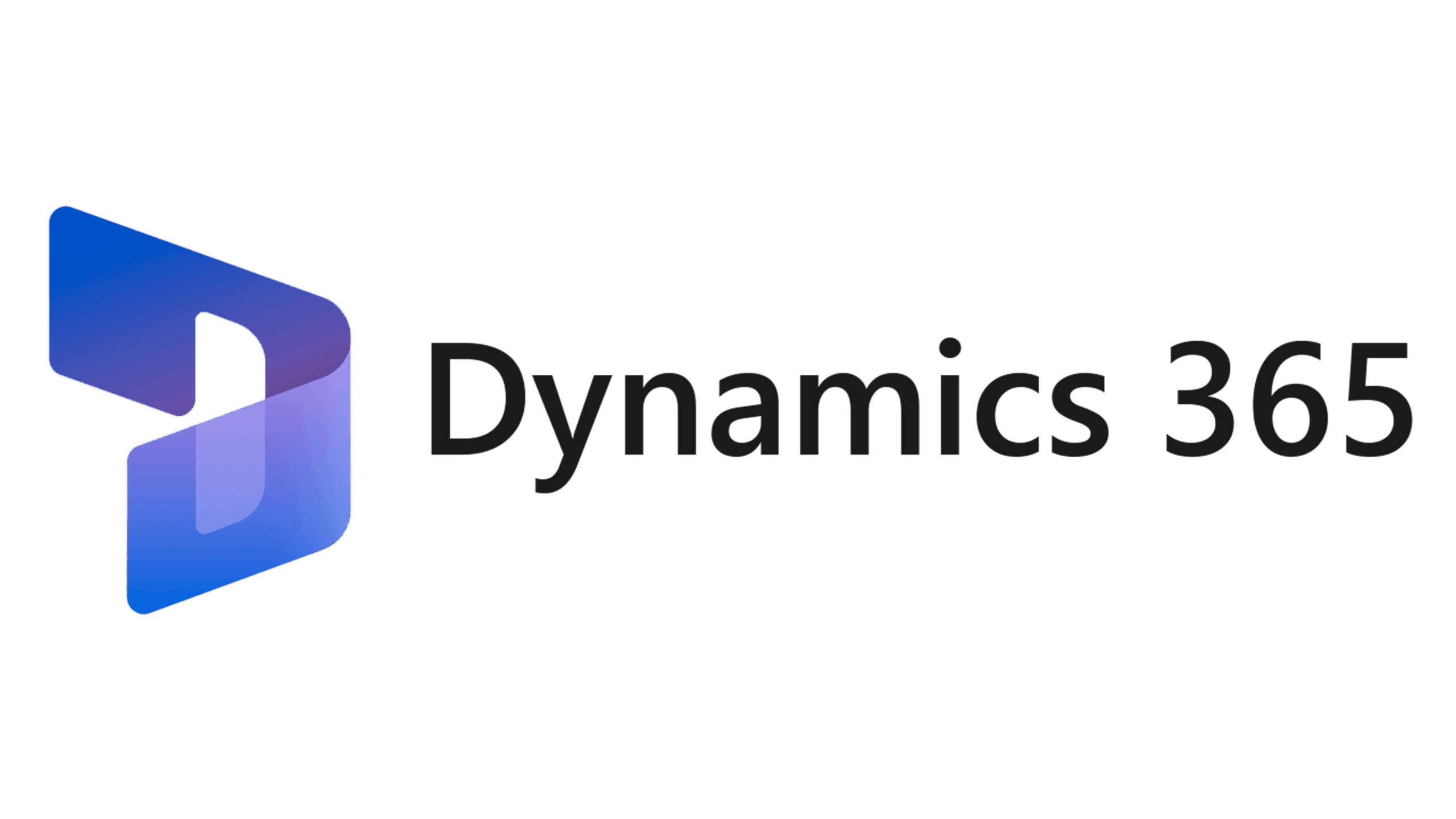Enterprise Resource Planning (ERP) applications are at the heart of efficient business management, integrating core functions like finance, supply chain, HR, and customer relationship management. With so many ERP systems available, choosing the right one is essential for growth and productivity. Here’s a comprehensive guide to the best ERP applications, their strengths, potential drawbacks, and expert insights.
What is an ERP Application?
An ERP application is a software solution that consolidates business processes into a unified system. These platforms help organizations manage data, automate workflows, and improve decision-making. From small businesses to large enterprises, ERP software has become a necessity.
The Best ERP Applications in 2025
Here are some of the top ERP solutions available today, each offering unique benefits:
SAP S/4HANA
SAP S/4HANA is a leading ERP software known for its real-time analytics and AI-driven automation.
Pros:
- AI & Machine Learning: Enhances decision-making with intelligent automation.
- Real-time Processing: Speeds up operations and provides accurate data insights.
- Scalability: Suitable for both large enterprises and mid-sized businesses.
Cons:
- High Implementation Costs: Requires a significant investment.
- Complexity: A steep learning curve, especially for new users.
Review: “SAP S/4HANA transformed our operations, but the initial setup was challenging.” – A Fortune 500 IT Director
Oracle NetSuite
NetSuite is a cloud-based ERP widely used by small and mid-sized businesses.
Pros:
- User-Friendly Interface: Intuitive and easy to navigate.
- Comprehensive Features: Includes CRM, financials, and inventory management.
- Cloud-Based: No need for heavy infrastructure investment.
Cons:
- Customization Limitations: Not as flexible as some competitors.
- Costly Upgrades: Price increases with added modules.
Review: “NetSuite streamlined our sales and finance, though customization options are somewhat limited.” – Small Business Owner
Microsoft Dynamics 365
Microsoft’s ERP solution is highly integrated with Office 365, making it a great choice for businesses using Microsoft products.
Pros:
- Seamless Integration: Works well with Microsoft Office and Teams.
- AI & Predictive Analytics: Improves forecasting and decision-making.
- Scalable: Grows with your business.
Cons:
- Complicated Licensing: Pricing structure can be confusing.
- Limited Third-Party Integrations: Works best in the Microsoft ecosystem.
Review: “Great for companies already using Microsoft, but tricky if you rely on third-party apps.” – IT Manager
Infor ERP
Infor is known for industry-specific ERP solutions catering to manufacturing, healthcare, and retail businesses.
Pros:
- Industry-Specific Features: Tailored to various business sectors.
- Cloud & On-Premise Options: Flexibility in deployment.
- AI-Powered Insights: Improves operational efficiency.
Cons:
- Steep Learning Curve: Requires training for proper use.
- Limited Small Business Support: Best suited for mid-sized and large enterprises.
Review: “Infor worked well for our manufacturing processes, but training took longer than expected.” – Operations Manager
People Are Always Asking
How Do I Choose the Right ERP for My Business?
Consider these factors:
- Business Size: Small, medium, or large?
- Budget: What can you afford?
- Scalability: Will it grow with you?
- Integration Needs: Do you need compatibility with existing tools?
Are There Free ERP Solutions?
Yes! Some open-source ERP systems include Odoo, ERPNext, and Dolibarr. However, free solutions often require technical expertise for customization.
What’s the Future of ERP Systems?
Trends indicate a rise in AI-driven automation, enhanced cloud solutions, and deeper integration with IoT for real-time business insights.
Tamer Badr’s Opinion on ERP Software
Tamer Badr, the founder of Singleclic, shares his thoughts:
“ERP solutions should empower businesses, not complicate them. Many companies rush into expensive solutions without understanding their true needs. Start with the essentials, and scale as you grow.”
Final Thoughts
ERP applications are essential for businesses looking to streamline operations and enhance productivity. While each solution has its strengths and weaknesses, the key is to choose one that aligns with your business goals and growth plans.
References
Frequently Asked Questions
1. What is the best ERP software for small businesses?
Oracle NetSuite and Odoo are excellent choices for small businesses due to their flexibility and cloud capabilities.
2. Can ERP systems be customized?
Yes, most ERP applications offer customization options, though some may be limited (e.g., NetSuite).
3. Is cloud-based ERP better than on-premise?
Cloud-based ERP is more cost-effective and scalable, while on-premise solutions provide greater control over data security.
4. What is the cost of ERP software?
Costs range from $10/user per month (for basic cloud solutions) to over $100,000 for enterprise-level deployments.
5. How long does ERP implementation take?
Implementation varies, but most businesses can expect a timeline of 3 to 12 months, depending on the complexity of their operations.
Choosing the right ERP is a critical decision—make sure to weigh the pros and cons before investing!









